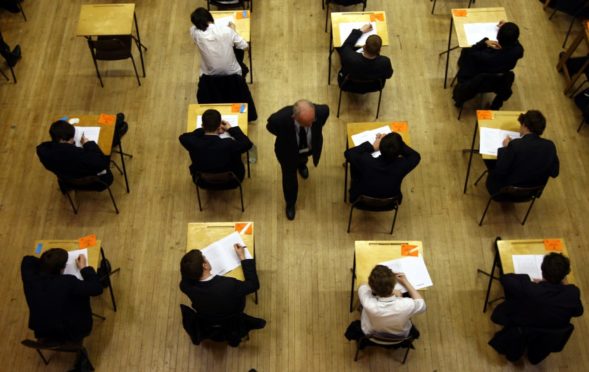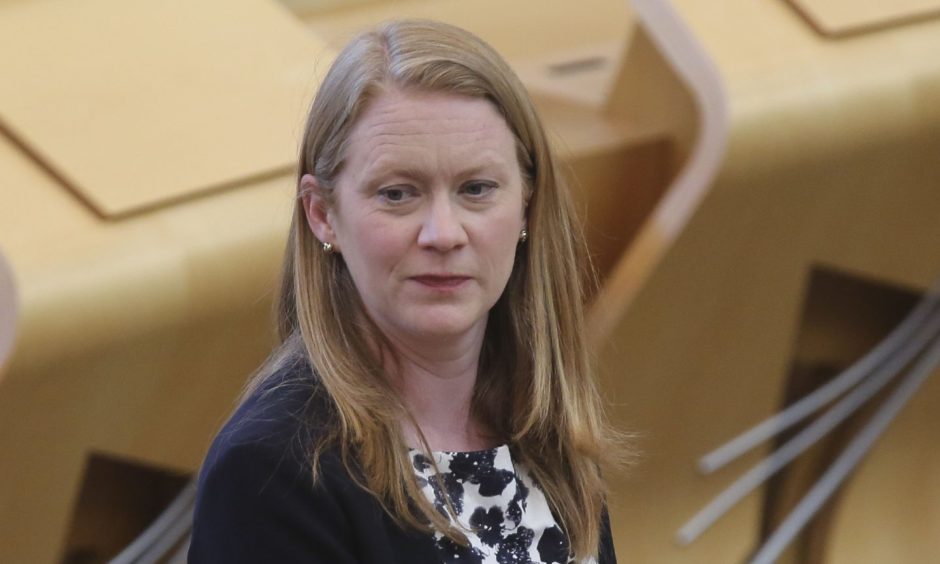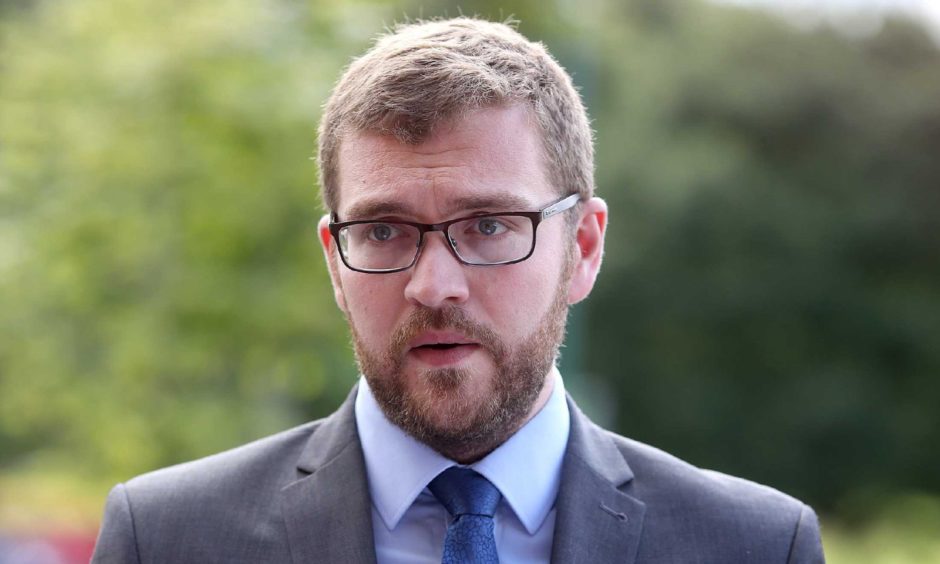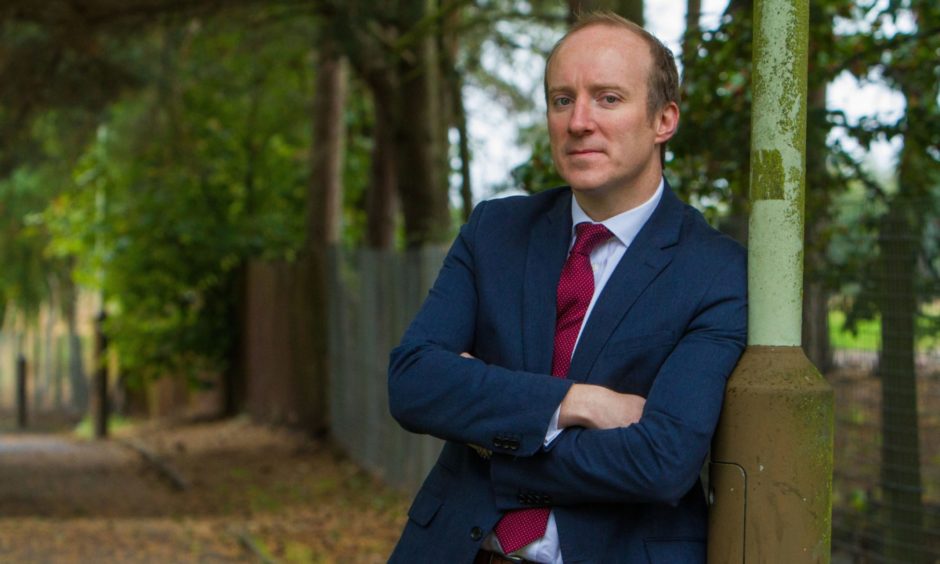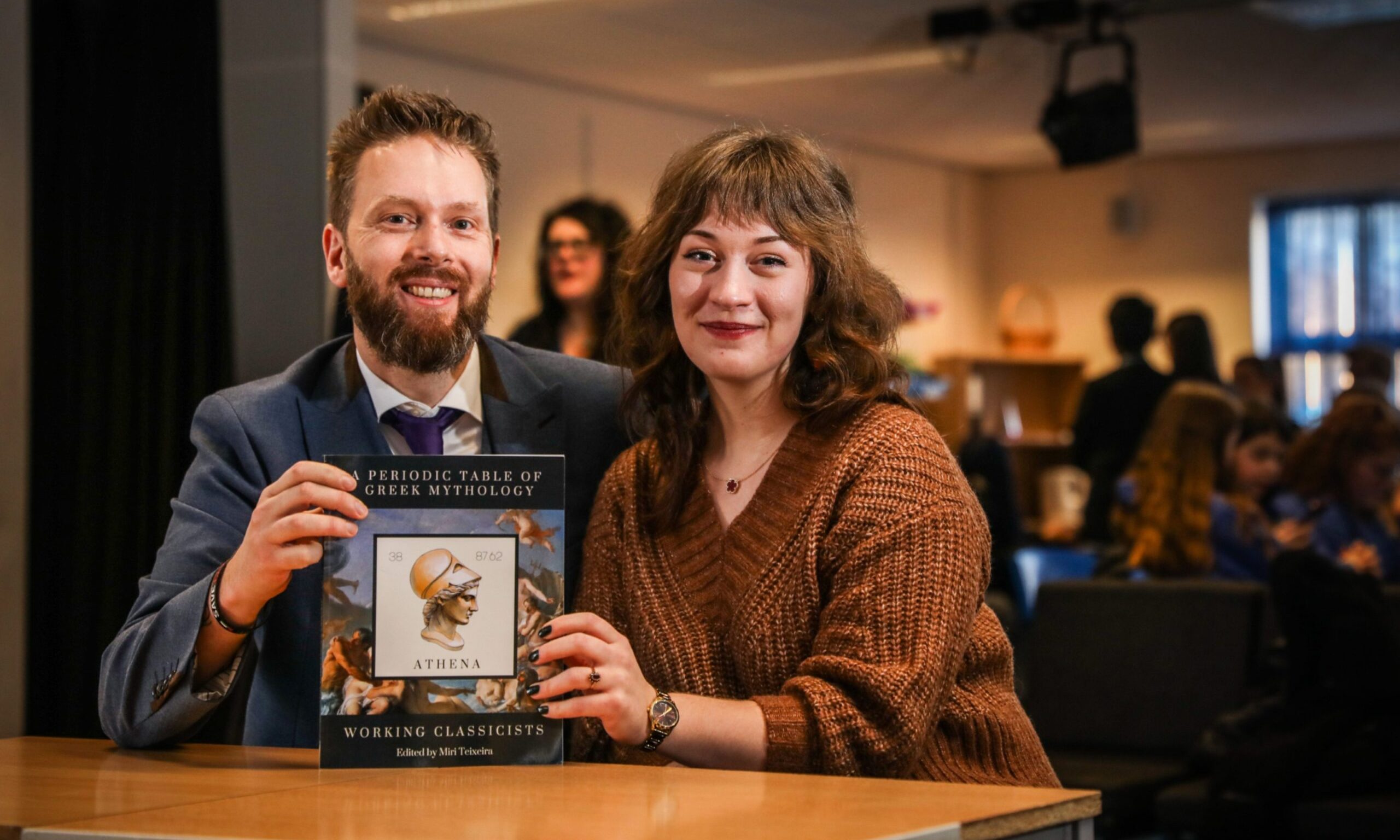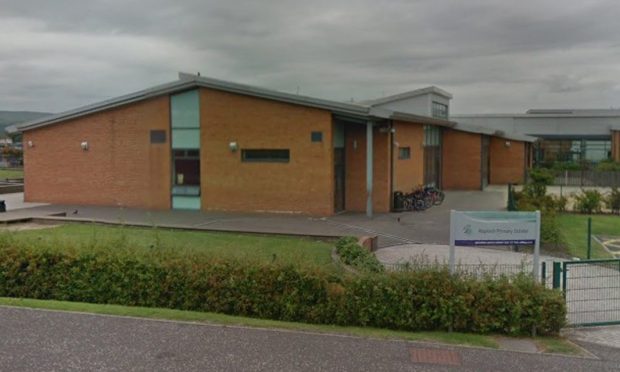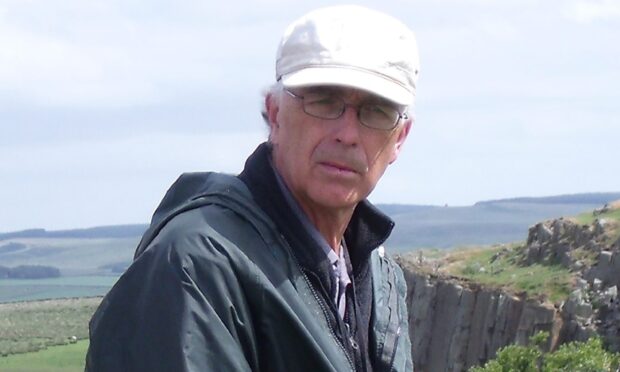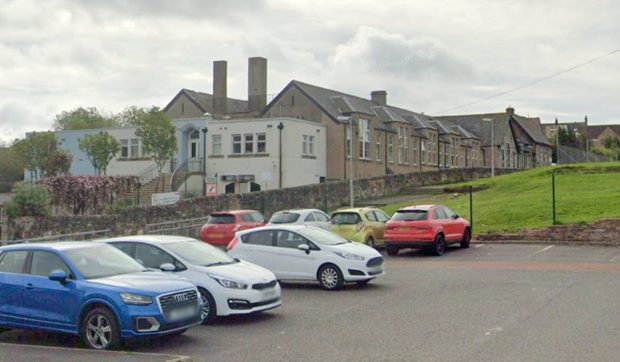The Scottish Qualifications Authority (SQA) will be scrapped and replaced with a new specialist agency following a damning independent review dubbed the “final nail” in Scotland’s flawed education system.
Just weeks after Nicola Sturgeon insisted the agency had her full confidence in the wake of concerns over the grading of this year’s assessments, the Scottish Government confirmed it will be dropped as part of a “substantial” overhaul.
The exams body will now be broken up and replaced, with pupils, parents and teachers given a greater say. Schools body Education Scotland will also be shaken up, with school inspections to be cleaved off into a new independent system.
It comes as a long-awaited report by the OECD on Scotland’s Curriculum for Excellence (CfE) said the country should bin its “19th century” exams system if the controversial programme is to ever work properly.
The CfE approach was first introduced in Scotland’s schools back in 2011, with the aim of developing children throughout their period in education so that they emerge as successful learners, confident individuals and responsible citizens.
A clash between centuries
International education experts first called in by the government in 2019 backed the curriculum as a whole but characterised teaching in Scotland as a “clash between 19th century assessment and 21st century curriculum”.
They warned pupils preparing to sit senior exams find lessons “boring” due to an excessive focus on memorisation and rote-learning, and propose a shift away from high-stakes end-of-year exams towards continuous assessment and portfolios.

The report states CfE’s learner-centred philosophy and focus on empowering schools to design their own curricula is “widely supported” and helped position Scotland as a pioneer when it was first developed.
However it suggests the curriculum’s roll-out has been hampered by serious flaws that risk undermining pupil progress and left teachers “overwhelmed” by technical jargon while officials attempt to govern how it should be implemented.
Opposition parties – which united to pass a motion at the Scottish Parliament in February demanding reforms – described the findings as a “damning judgement of Scotland’s exams system” and said action is now “long overdue”.
A period of change
The Scottish Government will make a formal response to the report at Holyrood on Tuesday but education secretary Shirley-Anne Somerville said there would be a “period of change” to “improve, to achieve more and to deliver for Scotland’s pupils”.
“Despite all the criticism here at home, the OECD tells us it is viewed internationally as an inspiring example of curriculum practice,” she said.
“However, 10 years on from Curriculum for Excellence being introduced, it is right and proper that we review how it is being implemented.
“We accept in full all 12 recommendations from the OECD. We will replace the SQA. We will talk to young people, parents and teachers to build a system that works in line with CfE – exactly as the OECD recommends.”
Ministers have promised to “consult widely” on how the new agency – which is also expected to absorb some of the curriculum work currently carried out by Education Scotland – will operate, with a second report from the OECD expected in the autumn.
Fundamental issues
But Monday’s report also pointed to “fundamental issues” in the design of the senior phase of the curriculum and highlighted systemic problems, including a lack of accountability, excessive bureaucracy and a lack of data to measure performance.
Scottish Conservative education spokesman Oliver Mundell said the OECD report “exposes how badly the SNP Government have failed Scotland’s schools” and insisted another generation of pupils must not be let down.
“The SNP have created a system lacking structure, vision, accountability, and data,” he said. “Instead of fixing those deficiencies, they tried to paper over the cracks with thousands of pages of ‘confusing and unhelpful’ guidance.
“For years, we have warned of these exact problems and called for reforms to the SQA and Education Scotland. The SNP arrogantly dismissed criticism and failed to act while Scotland’s schools slid down international league tables.
“This report is the final nail in the SNP’s flawed education system. They have now been forced into a massive top-to-bottom overhaul of their mistakes.”
‘Rote learning will not do’
Scottish Labour education spokesperson Michael Marra welcomed the news that the SQA is set to be scrapped and said it had become “increasingly clear” that the organisation stood as a barrier to realising the full potential of CfE.
“We need an end to the narrowing of the school curriculum and a far greater focus on ensuring that pupils receive an in-depth education in all of their subjects – rote learning will not do,” he said.
“The SNP has failed to ensure that Curriculum for Excellence delivered the wide and practical education that the pupils of Scotland deserve and our country’s future needs.”
Lib Dem leader Willie Rennie said “exams chaos two years on the trot, the sluggish support provided through the pandemic and declining international performance” could have been avoided if the Scottish Government had been more willing to listen.
He said the “impenetrable bubble at the top of Scottish education” may be set to burst, adding that a “comprehensive package of bounce-back support for pupils” is needed.
Meanwhile Scottish Greens education spokesman Ross Greer said the failure to change the exams system when the new curriculum was rolled out meant “completely unnecessary barriers” had been put in the way of hundreds of thousands of pupils.
He was warned replacing “failed agencies” will not automatically solve the problem and that changes must go hand-in-hand with reform of the exams system itself.
Education secretary open to exam changes
Speaking later, Ms Somerville said she was “open for change” in regards to the future of end-of-year exams in Scotland.
She told us: “The OECD has another report coming out at the end of August and that will look specifically at qualifications.
“I have, of course, listened very carefully to what they have said so far and I’m really looking forward to their second report.
“I’m open for change on this, if they come back as might be expected from what has been said so far. If they are suggesting change, then I want to work with young people, teachers and other stakeholders to see what can be done on that.
“So let’s wait to see what the report which specifically looks at qualifications says but I’m open to having those discussions once we have that on board.”
